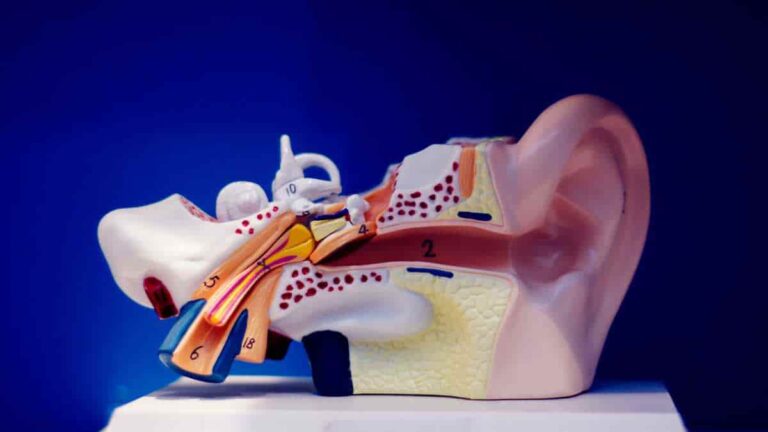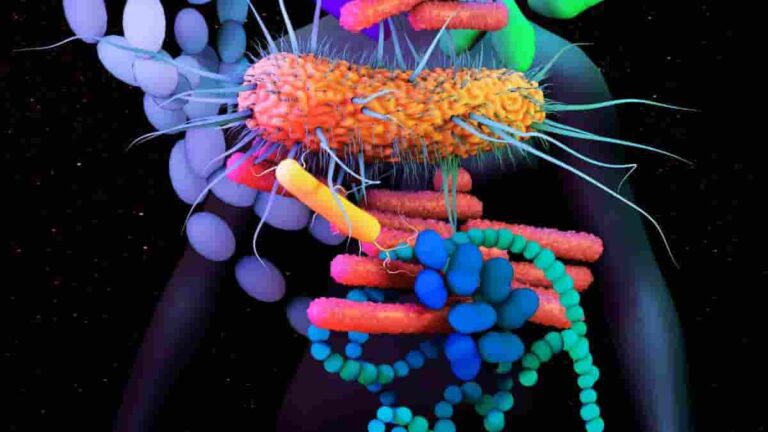According to a recent study from Massachusetts Eye and Ear, auditory nerve loss that is undetectable by standard hearing tests affects more than one in ten adults worldwide who report having tinnitus, which manifests as ringing in the ears. The authors of this study are researchers affiliated with the Eaton-Peabody Laboratories (EPL), who are investigating…
Being Overly Optimistic is Associated With Lower Cognitive Skills
Optimistic thinking has long been immortalized in self-help books as the key to happiness, good health and longevity, but it can also lead to poor decision-making, with particularly serious implications for people’s financial wellbeing. According to research from the University of Bath, excessive optimism is connected with lower cognitive abilities such as verbal fluency, fluid…
Inflammation Behind Anxiety, Irritability, and Agitation in Alzheimer’s Patients
Neuropsychiatric symptoms that doctors commonly see in Alzheimer’s disease patients stem from brain inflammation rather than amyloid and tau proteins, University of Pittsburgh School of Medicine researchers report. The discovery adds to the growing body of evidence supporting the role of neuroinflammation in Alzheimer’s disease progression and suggests new avenues for the development of therapies…
Setting Specific Goals can Improve Your Ability to Stay on Task
Our ability to pay attention to tasks, which is essential in our daily lives, is highly influenced by characteristics such as motivation, arousal, and alertness. Maintaining focus can be especially difficult when the activity at hand is tedious or repetitive. “In many activities, it is difficult to maintain a high level of focus over time.…
Reading Stimulates Imagination Better Than Watching TV
A new study suggests that reading books is more effective than watching images and stories unfold on screen at stimulating the imagination. Screen time has long been thought to have an impact on the brain’s imaginative powers, with stories being interpreted and delivered through images for the viewer to consume rather than created in the…
How Lactobacillus Helps Support Stress Reselience
Researchers at the University of Virginia School of Medicine have revealed how Lactobacillus, a bacterium found in fermented foods and yogurt, helps the body manage stress and may help prevent depression and anxiety. The findings pave the way for new therapies to treat anxiety, depression, and other mental health conditions. According to UVA researcher Alban…
Sunk Cost Fallacy – Is There An Upside?
Have you ever encountered a subpar hotel breakfast while on holiday? You don’t really like the food choices on offer, but since you already paid for the meal as part of your booking, you force yourself to eat something anyway rather than go down the road to a cafe. Economists and social scientists argue that…
Freindships at School Based More on Social Networks than Personality
According to a recent study by researchers from the Universidad Carlos III de Madrid (UC3M), the Polytechnic University of Madrid (UPM), and Loyola University, personality does not appear to have much of an impact when it comes to choosing social friendships at school, which are more based on the closeness of our contacts. “This is…
Children’s Behavioral Issues Linked to High Maternal Stress in Pregnancy
New research published by the American Psychological Association indicates that children whose mothers experience high levels of stress, anxiety, or depression during pregnancy may be more vulnerable to mental health and behavioral problems as children and teens. These results add to the body of evidence suggesting that offering easily accessible mental health services and support…








